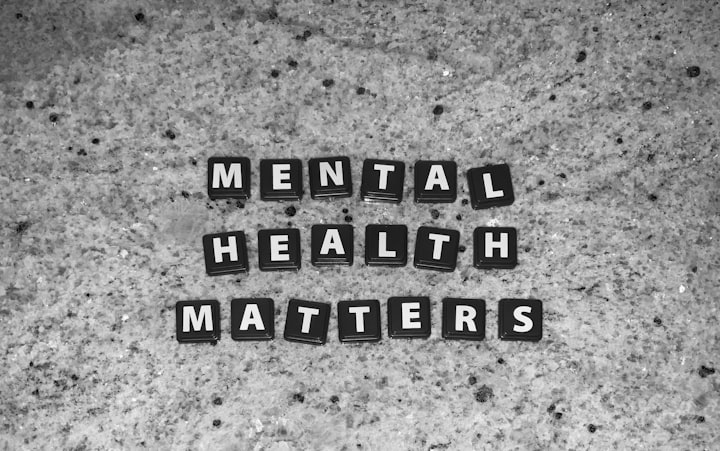Breaking Barriers: Embracing the Benefits of Online Mental Health Care
online mental health care

Introduction:
In the digital age, technology has revolutionized the way we access and receive healthcare, including mental health care. Online mental health care, also known as teletherapy or telepsychology, has emerged as a powerful tool in breaking down barriers to accessing support and promoting mental well-being. In this article, we will explore the advantages and effectiveness of online mental health care, highlighting its potential to transform the landscape of mental healthcare delivery.
Accessibility without Boundaries:
One of the most significant advantages of online mental health care is its ability to provide accessible support without geographic limitations. Whether you reside in a rural area, have mobility constraints, or face time constraints, online therapy allows you to connect with qualified mental health professionals from the comfort of your own home, eliminating the need for travel or compromising on quality care.
Overcoming Stigma and Privacy Concerns:
For many individuals, seeking therapy in person can be daunting due to the fear of judgment or the desire to maintain privacy. Online mental health care offers a safe and discreet platform, empowering individuals to seek support without the fear of being recognized or stigmatized. Confidentiality and privacy regulations are upheld just as they would be in traditional face-to-face therapy settings.
Convenience and Flexibility:
The flexibility provided by online mental health care is a game-changer for those with busy schedules or demanding commitments. With the ability to schedule therapy sessions at a time that suits you best, online therapy allows for greater convenience and integration into your daily routine. This flexibility ensures that mental health care becomes a priority rather than an added stressor.
Cost-Effective Alternative:
In-person therapy sessions can often be costly, making it inaccessible for some individuals. Online mental health care can be a more cost-effective alternative, as it eliminates expenses associated with commuting, childcare, or time off work. Additionally, online platforms offer a variety of payment options and may have more affordable subscription plans, making therapy more financially feasible.
Diverse Range of Mental Health Professionals:
Online mental health care provides access to a diverse range of mental health professionals across various specialties and areas of expertise. This expanded pool of therapists allows individuals to find the right fit for their specific needs and preferences, ensuring a higher likelihood of effective therapeutic outcomes.
Evidence-Based Efficacy:
Numerous studies have demonstrated the efficacy of online mental health care in treating a wide range of mental health conditions. Research consistently shows that online therapy can be as effective as in-person therapy in reducing symptoms of anxiety, depression, post-traumatic stress disorder (PTSD), and other mental health disorders. Online interventions, including cognitive-behavioral therapy (CBT) and mindfulness-based therapies, have shown promising results.
Supportive Tools and Resources:
Online mental health platforms often provide additional tools and resources to complement therapy sessions. These may include self-help materials, guided meditations, worksheets, and interactive exercises that individuals can access at their convenience. These resources enhance the therapeutic process and enable individuals to continue their mental health journey beyond the confines of scheduled sessions.
Continuity of Care:
Online mental health care can offer a seamless transition between in-person therapy and virtual sessions. This continuity of care ensures that individuals can maintain therapeutic progress, even when facing unexpected challenges such as travel, relocation, or illness. The ability to continue therapy without interruption contributes to the overall effectiveness and success of mental health treatment.
Peer Support and Online Communities:
In addition to one-on-one therapy, online mental health care provides opportunities for individuals to connect with peer support groups and engage in online communities focused on mental well-being. These communities foster a sense of belonging, validation, and shared experiences, promoting a supportive network that complements individual therapy and encourages social connection





Comments
There are no comments for this story
Be the first to respond and start the conversation.